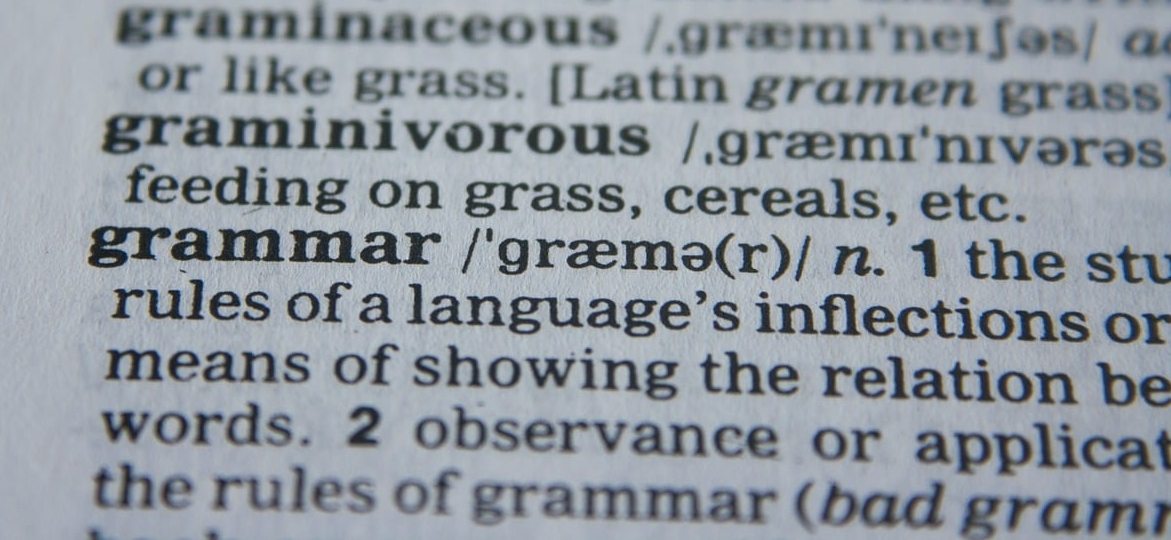In this article, we’re tackling the French conditional tense. We cover the following things and more:
- When to use it
- How to conjugate it
- Exceptions to the rule
If you wish to take the tests DELF, DALF or TCF revising all our french grammar and conjugation worksheets is always a great idea! So read on and start learning French on your own!
Why do I need to use the French conditional tense?
The conditional is actually a mood, like the indicative and subjunctive moods. Within the conditional mood there are two tenses: the present and the past.
The present conditional tense is used in the following situations
- To make a polite demand, e.g. Je voudrais un croissant (“I would like a croissant”)
- To give advice, e.g. Tu devrais lui dire la vérité (“You should tell him the truth”)
- To express a desire, e.g. Elle aimerait visiter New York (“She would like to visit New York”)
- In a hypothetical situation, e.g. Si j’étais riche, j’achèterais un bateau (“If I were rich, I would buy a boat”)

Conjugating a verb in the French conditional tense
The good news is that the conjugation for the conditional is easy as it reuses elements you will already be familiar with. If you already know how to conjugate the imperfect tense, you’ll have no problem here!
Let’s conjugate the verb aimer (to like/love):
- Take the verb in the infinitive: aimer
- Add the appropriate ending according to the subject of the verb: -ais; -ais; -ait; -ions; -iez; -aient.
Voilà !
The table below sets out the verbs manger (to eat) and finir (to finish) in the present conditional tense:
| MANGER | FINIR | |
|---|---|---|
| je | mangerais | finirais |
| tu | mangerais | finirais |
| il, elle | mangerait | finirait |
| nous | mangerions | finirions |
| vous | mangeriez | finiriez |
| ils, elles | mangeraient | finiraient |
Exceptions and irregular verbs
As you’ll have seen, the French conditional tense isn’t difficult to get the hang of. That being said, there is an exception to bear in mind – mais oui – and some irregular verbs that beat to the sound of their own drum.
For verbs ending in -e, such as prendre (to take) and répondre (to reply), make sure to take off the final e before adding the conditional endings. For example: Je prendrais le business s’il pleuvait (“I would take the bus if it were raining”).
As for the irregular verbs, the table below shows how to conjugate avoir (to have), être (to be), aller (to go), pouvoir (to be able), and vouloir (to want) in the present conditional tense:
| AVOIR | ÊTRE | ALLER | POUVOIR | VOULOIR | |
|---|---|---|---|---|---|
| je | aurais | serais | irais | pourrais | voudrais |
| tu | aurais | serais | irais | pourrais | voudrais |
| il, elle | aurait | serait | irait | pourrait | voudrait |
| nous | aurions | serions | irions | pourrions | voudrions |
| vous | auriez | seriez | iriez | pourriez | voudriez |
| ils, elles | auraient | seraient | iraient | pourraient | voudraient |
Notes on pronunciationThere are a few more irregular verbs you’ll want to be able to conjugate in the French conditional tense. Make sure to check out the conjugations for savoir (to know), voir (to see), faire (to do), and devoir (must), too.
You may have noticed that quite a few French verbs end in the ai sound. For -er verbs like manger (to eat), for example, the pronunciation of the final sound is the same in the infinitive (manger), or when it is conjugated in the future (je mangerai), the conditional present (je mangerais), or even the imperfect (je mangeais).
Of course, just because the conditional present is based on the infinitive, it’s important to remember that the conditional present isn’t pronounced as a doubled ai ai sound.
Let’s take the -er verb apprécier (to appreciate). Although the er ending is pronounced as an ai sound here, when it is followed by an ending such as -ais (to make apprécierais, “I would appreciate”, for example), the r becomes audible.
Asking a question in the conditional
Forming a question with the French conditional tense isn’t much different to other tenses. Here are a few examples:
- Use intonation: e.g. Tu le ferais à ma place ? (“Would you do it if you were in my shoes?”)
- Invert the subject and verb: e.g. Auriez-vous des disponibilités demain ? (“Would you happen to have any availability for tomorrow?”)
- Add est-ce que: e.g. Est-ce que vous pourriez m’aider ? (“Could you help me?”)
Forming a negative sentence in the conditional
When it comes to using the French conditional tense in a negative sentence, you simply need to turn to your old friends ne… pas, positioning them either side of the verb.
For example: Ne le défendrais-tu pas si c’était ton ami ? (“Wouldn’t you stand up for him if he were your friend?”)
Learning with GlobalExam
On GlobalExam, you can put the theory into practice and adapt your learning to your level and goals. We offer a range of grammar sheets, training exercises, and tests for learning French, so there’s no need to lose sleep any more over conjugations.

Simply sign up today to check out our free learning tools for French grammar and communication!
More articles on French conjugation:
- French Conjugation: All you need to know about Verbs And Tenses
- French Future Tense: How Does The Conjugation Work?
- Past Participle Tense In French: Regular And Irregular Verbs
- What Is The Imperfect Tense In French? Structure And Examples
- French present Tense: How Does The Conjugation Work?
- Subjunctive In French:Practice The Conjugation And Phrases
- What Are The Reflexive Verbs in French? Worksheets And Exercises



